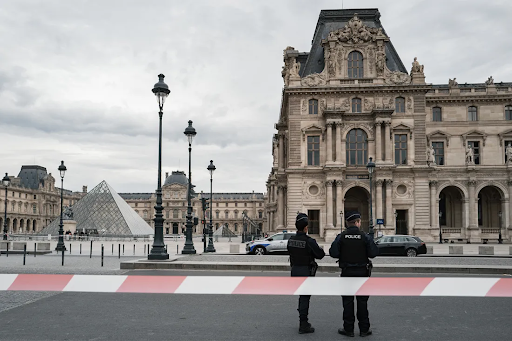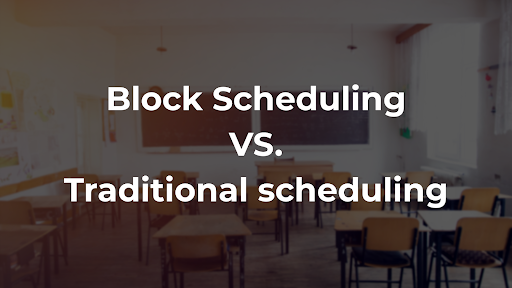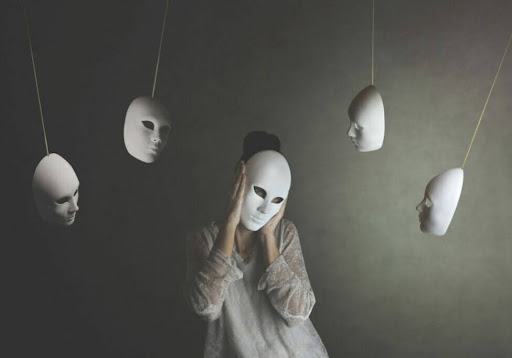Why Media And Art Bans Do Not Work
Bans on media and art create more problems than they solve. just create more?
March 10, 2015
The notion of banning media for offensive or shocking content is not new; it’s actually an extremely old practice that usually ends negatively in some way or another. This exercise in futility is fundamentally flawed, as it addresses an effect while ignoring the cause and thus allows the cause to continue with a relative amount of impunity. There are just a few arguments against media bans, but they haven’t addressed the issue concerning freedom of expression and its very apparent contradiction with bans.
Despite the fact that I find certain works of art and media offensive, gross, or unnecessary, I will always defend their right to exist. Just because something doesn’t cater to a prominent opinion does not mean it should be banned. It also means that it doesn’t need to be enjoyed or agreed with either. For example, I find the song “Blurred Lines” by Robin Thicke to be abhorrent in its blatant misogyny, but it has the right to exist and be as popular as it is.
The way I think things like censorship should be handled is based upon personal choice. The information concerning the content and nature of media is readily available and, instead of calling for bans or censorship, try finding a better way to express your disdain without stepping on the toes of somebody’s art, no matter how deplorable. Another method is to simply not support the artist.
The thing I see a lot is the terrifyingly commonly opinion that banning things and making things illegal solves the problem and the root of said problem when, in actuality, it rarely does. Prohibition in America, for example, didn’t just fail, but it also created a massive rise in organized crime by giving the criminals a method to gain capital. Take the “war on drugs” that’s lead to America having one of the largest prison and jail industries in the world. These end up costing billions each year, and the same thing goes for media and art as well. By making something desired illegal or banned, you drive some to do things they might not have done otherwise in order to enjoy what they want to. The few cases in which a ban “works” usually leads to a hesitation on behalf of the artist. They could possibly abandon ideas for the fear that they’ll lead to legal retaliation, or that they’ll learn that their entire process was a waste of time and energy. Overall, it encourages stagnation.
I can admire the intentions behind wanting to ban offensive and possibly socially harmful media, however, I think that bans are detrimental to those intentions. Rather than burying and hiding a particular example of negative media, use it as an example and build a platform that expresses how it’s negative and suggests ways of trying to stop the cause. Even if I personally can agree with the struggle of trying to reduce the amount of socially harmful art and media, I can not support the notion of banning or restricting access to any one artist’s content, and I feel that there are far superior ways of combating issues like this without going to the extreme and unnecessary decision of banning it outright.








